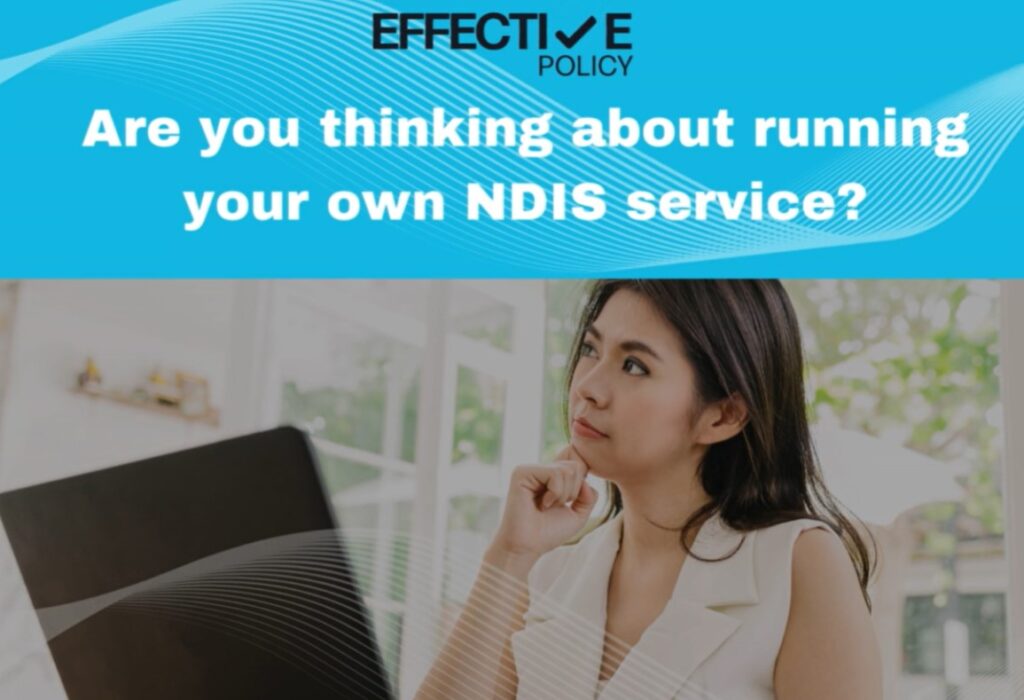
Are you considering becoming an NDIS provider, but find yourself overwhelmed with questions about the registration process? You’re not alone! Navigating the requirements and procedures involved in becoming an NDIS registered provider can be complex, but it’s a crucial step for organisations looking to offer services to individuals with disabilities.
To help clear up some of the confusion, we’ve compiled a list of common queries about NDIS provider registration and provided clear, concise answers to each.
1. What is NDIS Provider Registration?
NDIS Provider Registration is mandatory for organisations or individuals seeking to offer services under the National Disability Insurance Scheme. It ensures that providers meet certain standards and requirements to deliver safe, quality services to NDIS participants.
2. Who Needs to Register as an NDIS Provider?
Any organisation or individual that wants to offer services or products funded through the NDIS must register as a provider. This includes disability support services, therapy services, assistive technology providers, aged care providers, and more.
3. What Are the Benefits of NDIS Provider Registration?
Becoming an NDIS registered provider offers numerous benefits, including access to a wider client base, credibility and trust among participants, eligibility for NDIS funding, and compliance with quality and safeguarding standards.
4. How Long Does the Registration Process Take?
The duration of the registration process can vary depending on factors such as the completeness of your application, the complexity of your services, and any additional information requested by the NDIS Commission. On average, the process can take several months from start to finish.
5. What Are the Key Requirements for NDIS Provider Registration?
Key requirements include demonstrating compliance with NDIS Practice Standards, providing evidence of appropriate qualifications and experience, having robust NDIS policy and procedure templates, and meeting specific requirements for the desired services.
6. Can I Register for Multiple NDIS Registration Groups?
Yes, you can register for multiple registration groups to offer various services under the NDIS. However, you must adhere to the requirements for each registration group you apply for.
7. How Do I Maintain Compliance as an NDIS Registered Provider?
Maintaining compliance involves regularly reviewing and updating your policies and procedures, staying informed about changes to NDIS regulations and standards, participating in ongoing professional development training, and responding promptly to any participant’s feedback or complaints.
8. Is There Support Available for the Registration Process?
Yes, different resources and support are available to assist organisations with the registration process, including guidance documents, online courses and webinars, and support services provided by the NDIS Quality and Safeguards Commission.
9. What Happens After I Become an NDIS Registered Provider?
Once you become registered, you can start offering services to NDIS participants. You are entitled to adhere to the NDIS Code of Conduct, maintain accurate records, submit regular reports to the NDIS Commission, and undergo periodic audits to ensure ongoing compliance.
10. How Can I Stay Informed About Changes to NDIS Provider Registration?
Staying informed involves regularly checking the NDIS Commission website for updates, subscribing to newsletters or email alerts, joining relevant industry associations or forums, and networking with healthcare consulting firms and other NDIS providers to share knowledge and best practices.
In conclusion, while becoming an NDIS registered provider may seem daunting, it’s an essential step for organisations looking to make a positive impact in the lives of individuals with disabilities. By understanding and addressing common queries about NDIS provider registration, you can seamlessly navigate the journey with confidence while contributing to high-quality, person-centred services within the NDIS framework.


